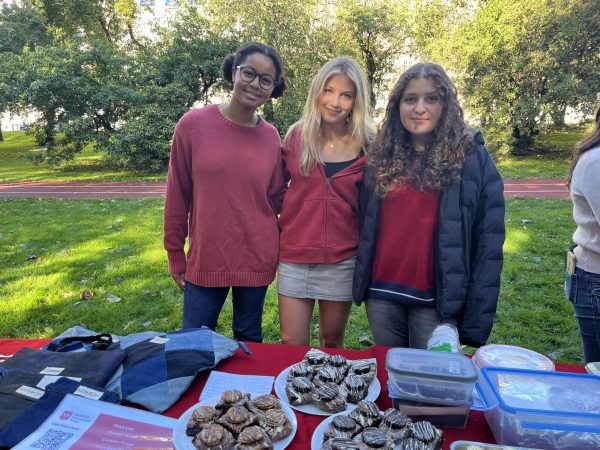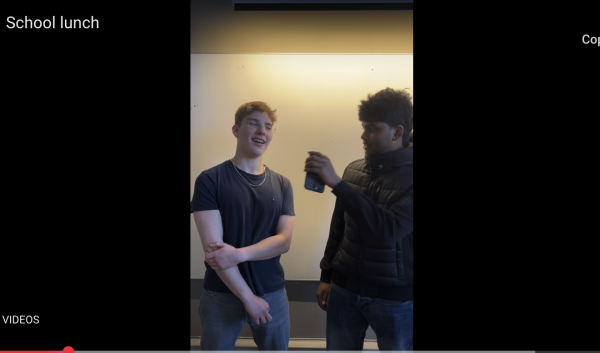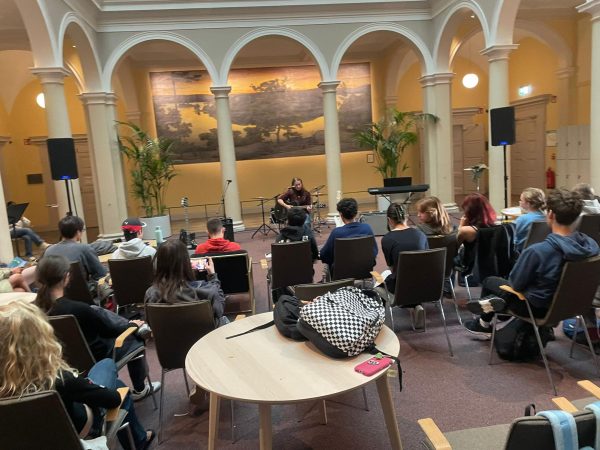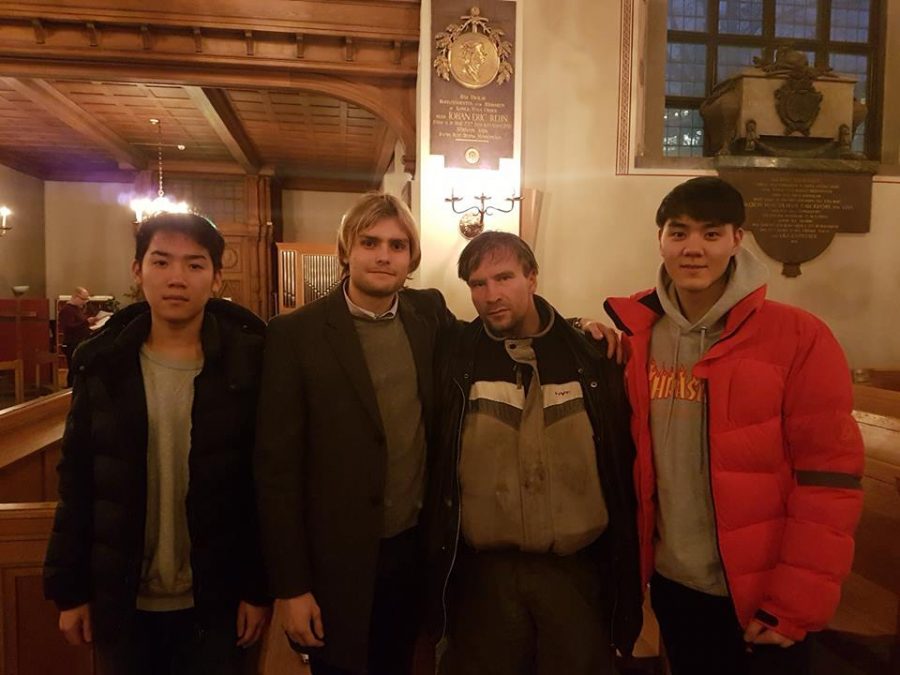Make our Invisible Citizens Visible
Three 11th graders and one 12th grader have decided, as their CAS project, to interview homeless people around Stockholm about what life is like being homeless. As they begun their project earlier this school year, Johan, Wonsik, Hyungmin, and Jung Joon, discovered that a project similar to theirs already existed. This project was called the Invisible People Project, founded by Mark Horvath, who has vast experience in interacting with homeless people in the United States. Upon this realisation, these 11th grader decided to interview Mark to gain inspiration for the questions that they would ask the homeless people. These questions ranged from basic ones like age, talent, and who their family was. More significant questions were : last time they had a meal or how they would like people to approach them.
The subsequent responses from the homeless people that they approached were either extremely positive or negative. Either they were willing to talk and engage or they outright rejected the offer to speak with them. Upon visiting Paris one weekend, Johan interviewed a homeless family there. He found out that they had flown from Syria, seeking refuge in Paris. The mother had been an English teacher in Syria, but was unsuccessful in acquiring a job; so, unfortunately, the family ended up on the streets. When interviewing this family, a passerby scolded Johan for speaking to them, and told him that, “the homeless are not animals you can just talk to.” This passerby tried to imply that the homeless are people not animals, and should be treated with more respect. However, these students are trying to accomplish this by interacting with the homeless and showing society that they are regular people whom one can and should be talking to.
So far the group has interviewed three different homeless people, and one former homeless. Despite different responses and reactions, they have been able to not only gain insight into what life is like being homeless, but also show others that the homeless are people with feelings and stories just like us.
“The homeless are friendly and positive if you let them be,” said Johan and it is important to not brand these people as homeless and develop a negative connotation of homeless. Rather, it is important to engage with these people if they allow you to, in order to brighten their day and make it seem brighter as they are going through rough periods in their lives.
If you want to visit these students’ Facebook page, it is called Invisible Citizens, and Mark’s Facebook page is called Invisible People.








